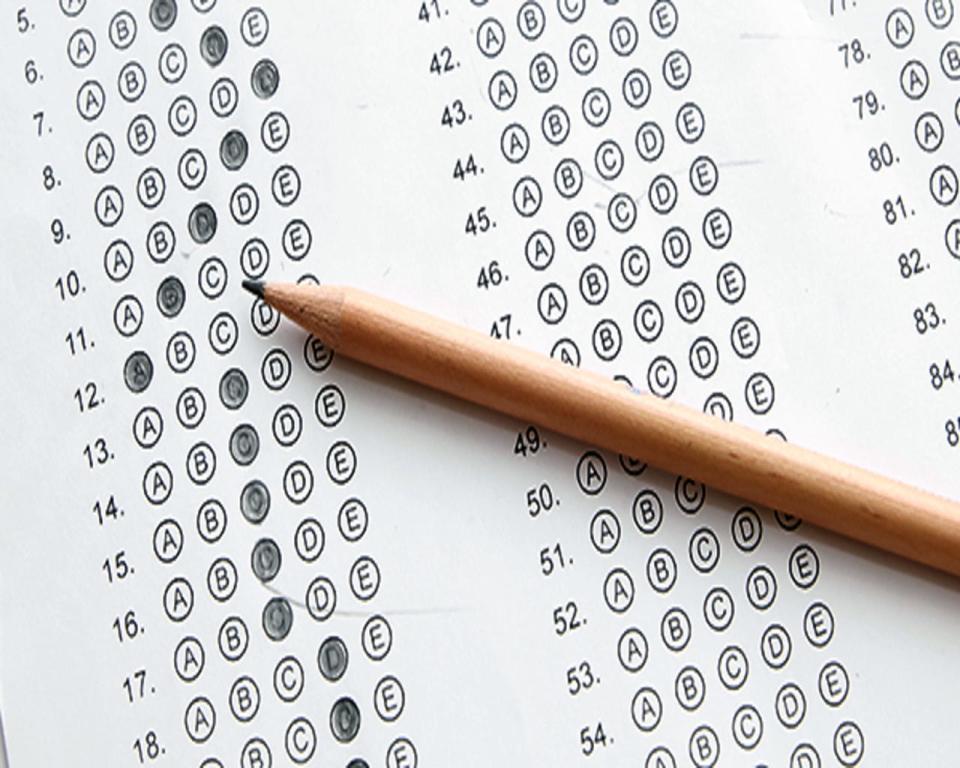NJ tells schools to administer Start Strong test in the fall to assess students' standing
For the third time since the pandemic hit in March 2020, New Jersey’s public schools will conduct testing in the fall to assess students’ academic standing.
School districts will be required to administer the state-run Start Strong testing between Aug. 31 and Sept. 30, the state Department of Education informed them last week. Designed as “snapshots” to assess gaps in learning early in the school year after disruptions from the pandemic, the Start Strong tests were optional for districts in fall 2020, when many were still operating remotely. Gov. Phil Murphy's administration made the tests a requirement in 2021 and now again for 2022.
Critics of too much testing, who agreed it was necessary to test immediately after the pandemic, say it's not essential this year and adds to the teachers' burden. When the state first introduced the test in 2020, it said tests like Start Strong would be prioritized, because they offer schools different data points to use when designing lessons and focus areas.

Opinion on how useful those data points are is divided. Some educators found the Start Strong results valuable, but others said it did not add much to the detailed information districts already collect when they conduct their own testing. School districts independently assess students throughout the year to comply with state requirements.
“Mandating the Start Strong assessment simply results in overtesting,” said Janina Kusiliewicz, assistant superintendent of curriculum and instruction for Clifton schools. “Our district has a strong local benchmark testing program, which gives us much more granular individualized results,” she said. These detailed results relate to state standards and curriculum, which is set by schools.
“By mandating Start Strong, it is causing a disruption in instruction for an assessment that really does not yield a tremendous amount of data that we do not already collect,” Kusiliewicz said. Critics also say the timing of the test at the start of the school year adds stress and harms students’ sense of well-being and enthusiasm as they begin to resume normal learning routines after the summer and the pandemic.

The Start Strong tests, conducted at the start of the academic year, are followed by New Jersey Student Learning Assessments testing at different times in the year depending on subject and grade. Eleventh graders take the New Jersey Graduation Proficiency Assessment in spring. And then there are the district assessments.
The state’s push to continue these tests is supported by research showing that the pandemic has had long-term impacts on student learning. The majority of students from kindergarten through eighth grade were one to three grade levels behind in reading and math, based on data from 214 New Jersey grade schools, according to the education watchdog JerseyCan. The state should commit to “high-quality programs for the long-term tracking” of student progress, outgoing director Patricia Morgan said in a statement.
NJ school testing:Will NJ discontinue high school 11th grade exit exam? Here's what we know
The tests are 45 to 60 minutes long and can be administered efficiently within one period on paper or on computers, according to the state Department of Education. They test English, math and science skills. Grades four through eight are tested in English and grades four through 10 in math, including algebra I, algebra II and geometry. Grades six, nine and 12 are also tested in science. Student results are then labeled as needing strong support, some support or less support.
Students have a lot of catching up to do and were, without doubt, set back by the pandemic’s disruptions, the Education Department reported after the first round of Start Strong testing in 2020. At the time, 57% of tested middle and high schoolers showed they needed strong support in science, and around 35% needed strong support in English and math. But these were a smaller group of students, since the tests were not mandated that year.
Still, 42% of fourth graders tested a year later, in 2021, needed strong support in English language. Nearly half, or 49%, needed strong support in math, and around 20% needed basic or less support. Black and Hispanic students had even higher numbers for those needing the most support: 57% of Black and Hispanic students needed extra help in English and around 70% in math.
NJ teacher shortage:Teacher shortages continue. Here's what New Jersey is doing to make it easier to hire more
Low-income students were among the hardest hit, with 73% needing the most help in math. Only 38% of kids from non-economically disadvantaged families needed similar support.
In higher grades, there were many more students needing strong support in math and science compared with English language. For example, 79% of 12th graders and 70% of 11th graders needed the most support in geometry in 2021. But 55% of 10th graders needed less support in English.
It's still unclear whether the Department of Education will mandate a fourth round of Start Strong testing in 2023.
This article originally appeared on NorthJersey.com: NJ education: Start Strong test to be administered again in fall

